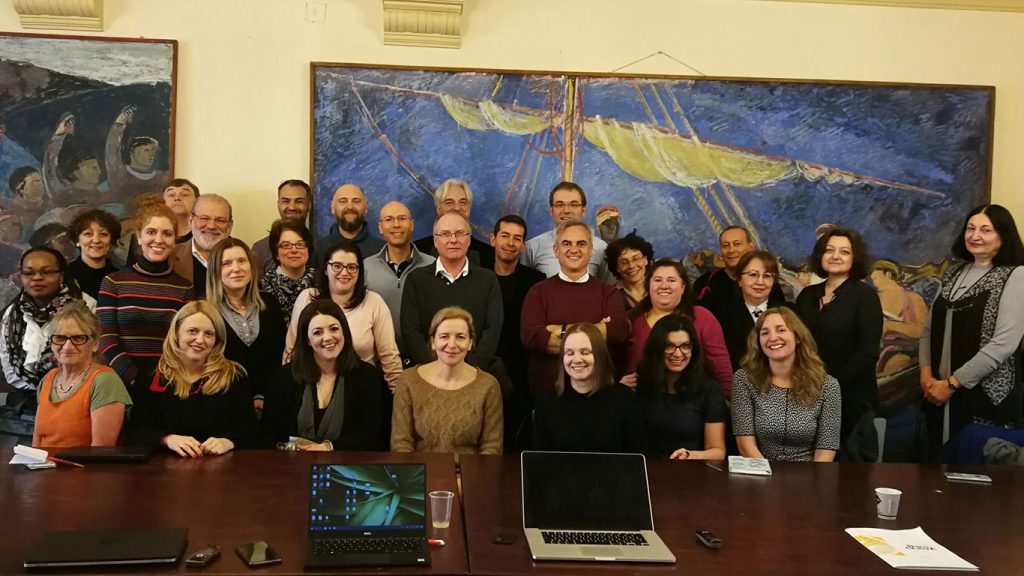Date: 14 & 15th Sept 2021 (afternoons only)
Joint meeting hosted by MINDDS COST Action and the ECNP Thematic Working Group on stem cell technology.
We are pleased to announce a virtual workshop to discuss current and future applications of stem cell research in the context of improved healthcare and drug discovery pipelines.
Registration is now Open via this link: https://virtualmindds6.eventbrite.co.uk
About the meeting: Patient iPSC offer the potential to directly investigate human neural tissue in vitro can allow genetic, environmental or pharmacological manipulations to model aspects of human brain behaviour. This opens major opportunities to study brain development and disease related dysfunction. In addition, patient iPSC cells have direct application for preclinical screening of new therapeutics, cell-based therapies and precision medicine. However, to realise their full potential a number of barriers to translation need to be overcome. The aim of this workshop is to bring stem cell researchers together to identify approaches to overcome current limits to the application of patient-based cell studies.
Speakers:
Lucia F. Cardo, Cardiff University, UK
Edna Grünblatt, University of Zurich, Switzerland
Ravi Jagasia, Roche, Switzerland.
Rhiannon McNeill, University Hospital Würzburg, Germany.
Rivka Ofir, Ben Gurion University, Israel
Jeroen Pasterkamp, UMC Utrecht, Utrecht, The Netherlands
Farah Patell-Socha, bit.bio, UK
Deepak Srivastava, King’s College London, UK
Matthew Tegtmeyer, Broad Institute, US
Organisers: Spyros Petrakis, Anna Falk, Adrian Harwood, Edna Gruenblatt
Registration is now Open via this link: https://virtualmindds6.eventbrite.co.uk
